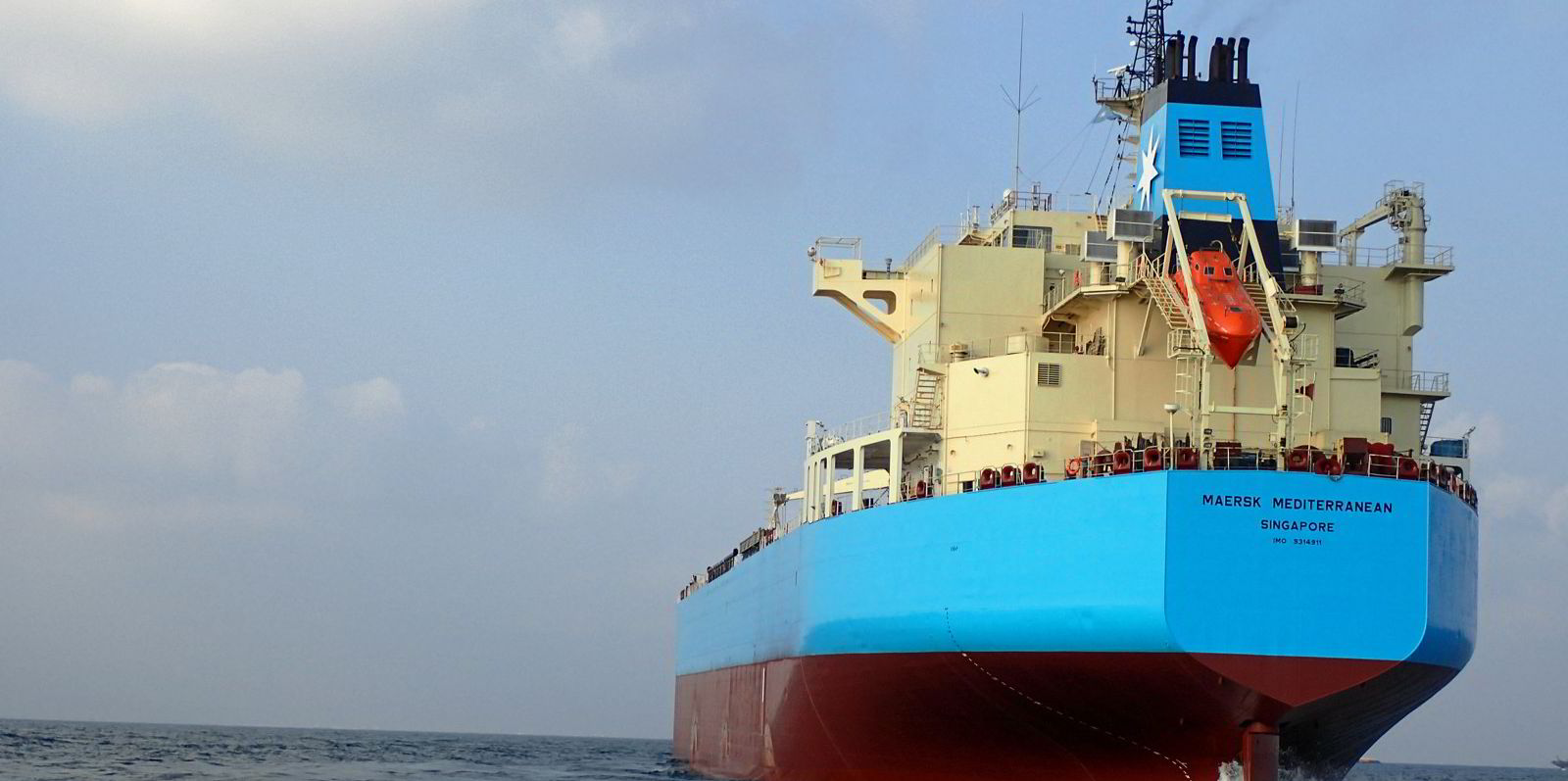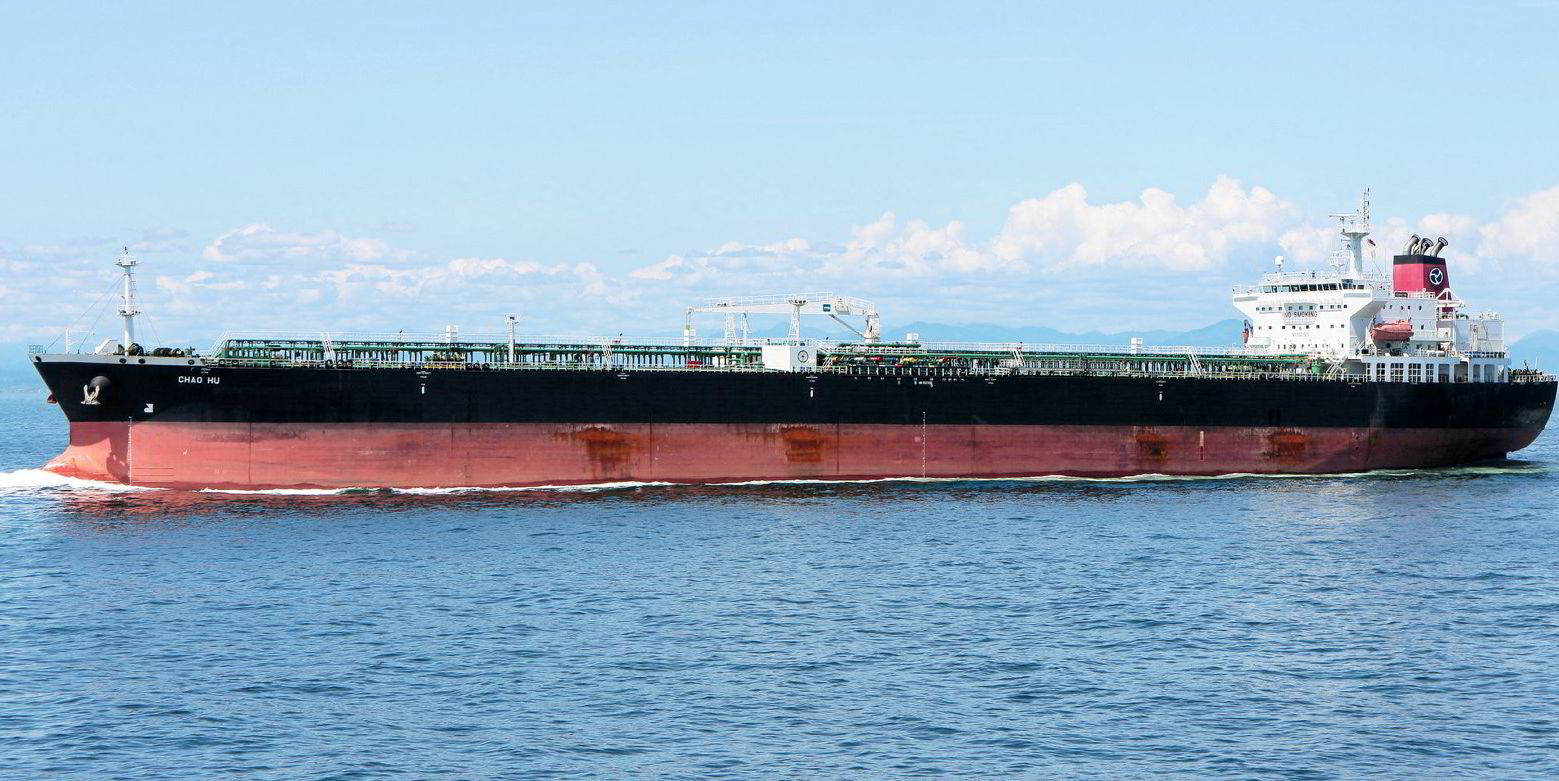US-based MT Maritime has acquired two MR vessels from Maersk Product Tankers for a price reportedly below market expectations.
Brokers reported the Douglas MacShane-led buyer paid $20m or $20.5m for the 51,200-dwt Maersk Marmara (built 2006) and 46,700-dwt Maersk Mediterranean (built 2007) in an en-bloc deal late last month.
VesselsValue estimates the STX Offshore & Shipbuilding-constructed Maersk Marmara is worth $12.1m and the Hyundai Mipo Dockyard-built Maersk Mediterranean $11.9m.
The two companies separately confirmed the transaction but declined to comment on the price.
The Maersk Marmara has been renamed MTM Mississippi, while the Maersk Mediterranean has not yet been renamed.
“One of the pair is with special survey due in November, and the other due in January,” a sale-and-purchase broker said. “Their prices are probably discounted due to the surveys being promptly due.”
Maersk Product Tankers said the deal was in line with the company’s “asset strategy of continually adjusting the fleet size and composition across our segments to generate financial returns for investors and keep exposure in line with market developments”.
MT Maritime, which has more than 50 vessels, is mainly involved in the chemical and products tanker trades but also owns and operates handysize bulkers under the Strategic Bulk Carriers brand.
Secondhand prices of MR product tankers in operation have been falling this year, according to VesselsValue. All other tanker segments have recorded gains in values.
Most analysts expect the requirements for product tankers to increase this year, with a gradual recovery in oil consumption.
Product tanker demand will grow by 7.8% in dwt terms in 2021, following a 10.3% drop last year triggered by the Covid-19 pandemic, Clarksons Research said in its latest oil and tanker trades outlook.
Looking forward, some experts believe large product tankers — such as LRs — will be better positioned to harness the forecast increase in long-haul shipments following refinery closures in some developed countries.
Earlier in 2021, Stifel estimated that 411,000 barrels per day (bpd) of aged refining capacity in North America, 305,000 bpd in Europe and 340,000 bpd in other regions had been closed since last year.
Chinese, Indian and Middle Eastern refineries are expected to raise exports of refined products to those regions for the long term to fill the supply gap.






